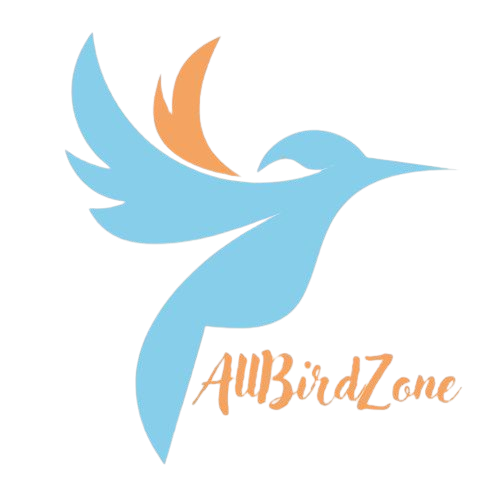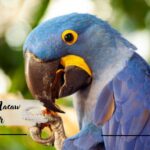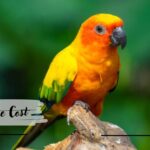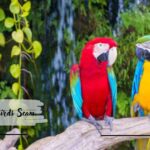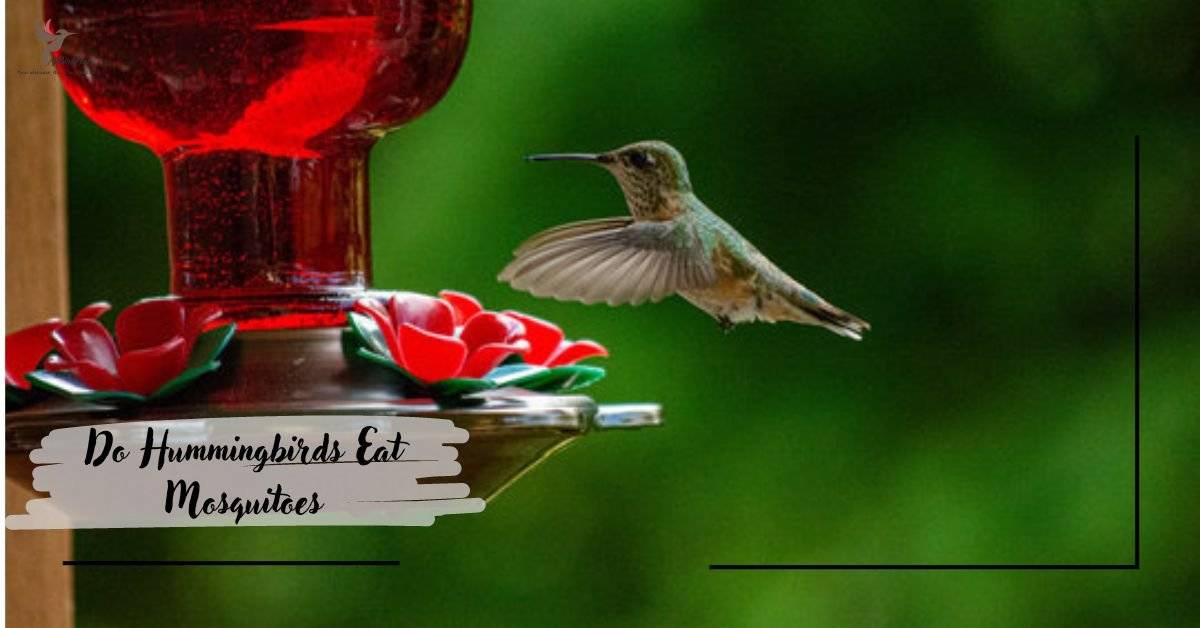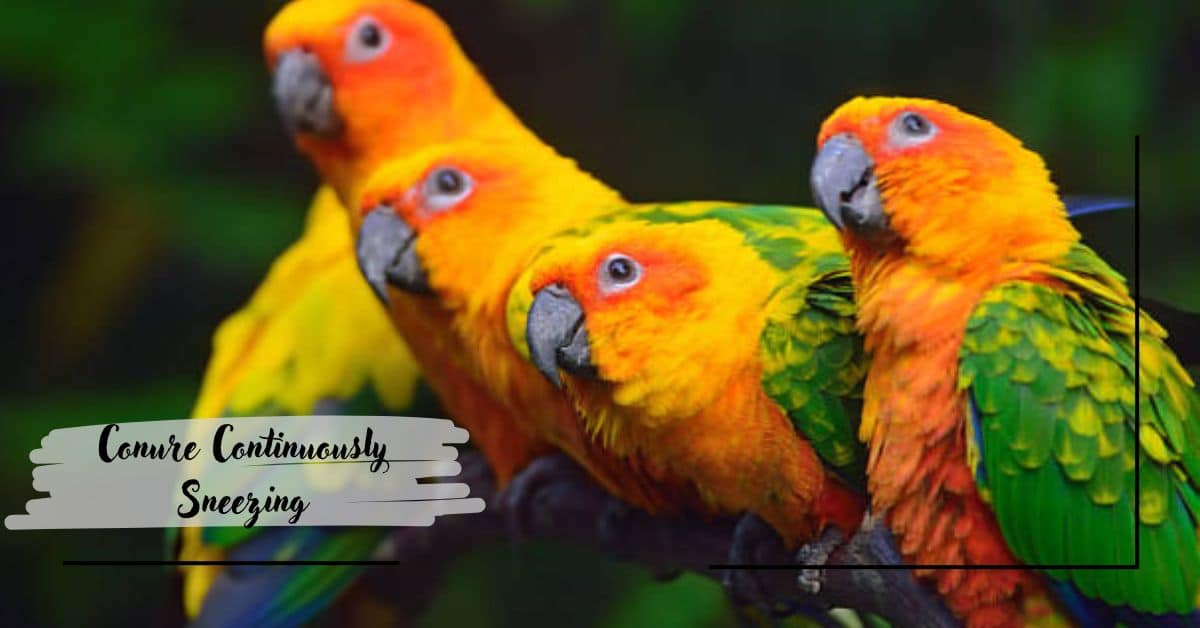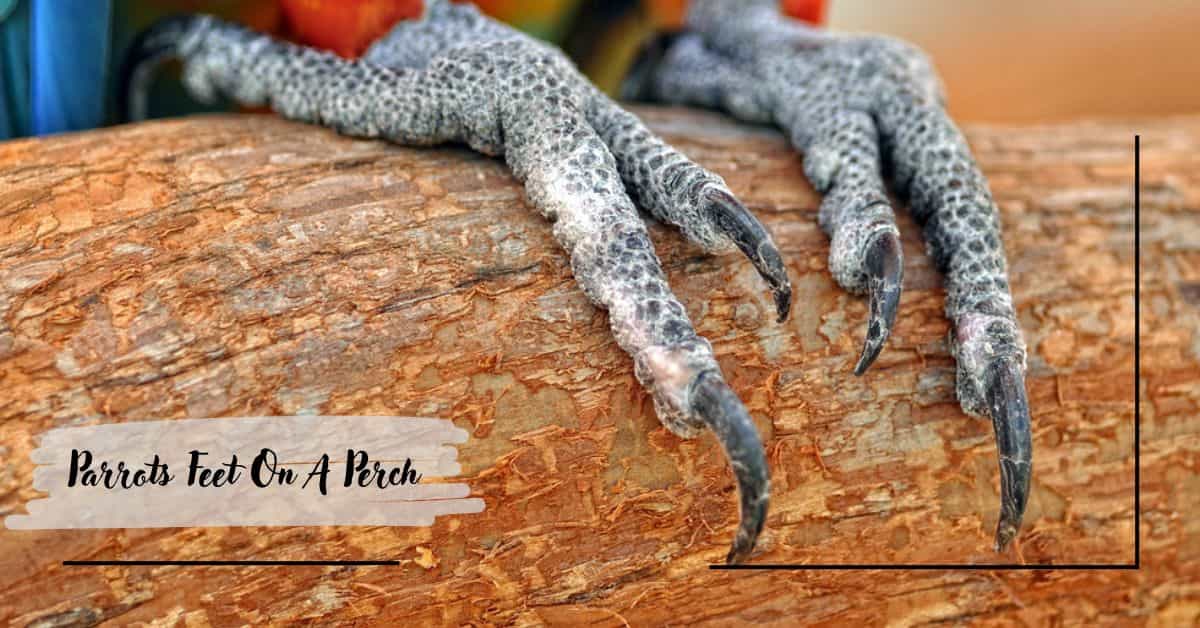Do Hummingbirds Eat Mosquitoes? Hummingbirds are fascinating creatures with their rapid wing beats and bright, colorful feathers. Many people wonder if these tiny birds eat mosquitoes. In reality, hummingbirds do not eat mosquitoes. Their primary diet consists of flower nectar, which provides them with the energy they need to sustain their high metabolism. They use their long, specialized beaks to sip nectar from flowers. While hummingbirds might occasionally catch and eat small insects like gnats or aphids, mosquitoes are not a significant part of their diet. So, while hummingbirds are incredible for many reasons, controlling mosquito populations isn’t one of them.
What Do Hummingbirds Eat?
Hummingbirds are primarily nectar feeders. They use their long, slender beaks to sip nectar from flowers. Nectar provides them with essential sugars needed for energy. Alongside nectar, hummingbirds also consume small insects and spiders. These insects offer proteins and other nutrients necessary for their health.
Nectar:
Nectar is the primary food source for hummingbirds. It’s rich in sugars and provides a quick energy boost, which is crucial given the hummingbird’s high metabolism.
Insects and Spiders:
Insects and spiders are supplementary food sources for hummingbirds. These provide proteins, vitamins, and minerals. While hummingbirds do not specifically target mosquitoes, they might consume small insects, including mosquitoes, when they come across them.
Do Hummingbirds Eat Mosquitoes?
Hummingbirds do not actively hunt mosquitoes and do not have a preference for them. Their main diet is flower nectar, which gives them the energy they need. They may occasionally eat mosquitoes, but this is not their primary food source.
Occasional Consumption:
Sometimes, when hummingbirds are feeding in areas where mosquitoes are present, they might accidentally consume them. This could happen if mosquitoes or their larvae are near the flowers or feeders where the hummingbirds are sipping nectar. However, this is more of a chance occurrence rather than a deliberate behavior.
Feeding Habits:
Hummingbirds are known for their agility and speed. They hover in one spot to feed, using their specialized beaks to access nectar from flowers. While they might catch and eat small insects, including mosquitoes, that happen to come close while they are feeding, mosquitoes do not make up a significant part of their diet. Hummingbirds are much more focused on nectar and small insects that are easier to catch and more nutritious for them.
How Do Hummingbirds Catch Insects?
Hummingbirds have amazing flying skills that help them catch small insects. Their ability to hover and make quick movements allows them to snatch insects while they are feeding or flying.
Hovering:
Hummingbirds can hover by flapping their wings extremely fast. This rapid wing movement lets them stay in one spot in the air, which is perfect for catching insects that come close. When they hover near flowers or feeders, they might catch small insects that happen to be nearby.
Quick Movements:
Hummingbirds are very quick and agile. They can dart around swiftly, which helps them grab insects that come into their path. While mosquitoes might be caught this way, it’s not their main focus. Hummingbirds primarily seek nectar, but their flying skills make it possible for them to catch and eat small insects, including the occasional mosquito.
Which Other Insects Do Hummingbirds Eat?
While hummingbirds primarily feed on nectar, they may occasionally consume other small insects and arachnids. These insects provide essential nutrients that complement their diet and help support their high energy levels.
Aphids and Mites:
Aphids and mites are tiny insects that hummingbirds might eat. These small pests are often found on plants and flowers where hummingbirds feed. Since aphids and mites are small and abundant, they can be easily caught while the hummingbirds are sipping nectar. Including these insects in their diet provides additional proteins and other nutrients.
Small Flies:
Hummingbirds might also catch and eat small flies that are present in their feeding areas. These flies are often found around flowers or feeders. While they are not a major part of a hummingbird’s diet, they can offer extra vitamins and minerals. The occasional consumption of small flies helps to supplement the hummingbird’s main diet of nectar, ensuring they get a balanced intake of nutrients.
Frequently Asked Questions:
How Do Hummingbirds Find Their Food?
Hummingbirds have excellent vision and are attracted to brightly colored flowers that they associate with nectar. They use their keen eyesight to spot flowers from a distance and their sense of smell to identify nectar-rich blooms.
Do Hummingbirds Eat Pollen?
While hummingbirds primarily consume nectar, they do inadvertently ingest pollen as they feed. This helps with pollination as they move from flower to flower, transferring pollen.
How Much Do Hummingbirds Eat Each Day?
Hummingbirds have incredibly high metabolisms and may consume up to twice their body weight in nectar daily. They need to feed frequently to maintain their energy levels.
Do Hummingbirds Eat At Night?
Hummingbirds generally feed during the day. They have excellent day vision but do not have the night vision required to find food in the dark. At night, they enter a state of torpor to conserve energy.
How Long Can Hummingbirds Go Without Food?
Hummingbirds can only go a few hours without food due to their high metabolism. During periods when food is scarce, they may enter a state of torpor to slow their metabolism and conserve energy.
Are Hummingbirds Affected by Mosquito Bites?
Hummingbirds are not commonly affected by mosquito bites as their small size and fast movements make them less likely to be bitten. Additionally, their feathers provide some protection.
How Do Hummingbirds Maintain Their Energy Levels?
Hummingbirds maintain their energy levels by consuming large quantities of nectar, which provides them with sugars for quick energy. They also consume small insects for additional nutrients.
What Types of Flowers Do Hummingbirds Prefer?
Hummingbirds are drawn to flowers with tubular shapes and bright red, orange, or pink colors. These flowers are often high in nectar and suited to their feeding habits.
Can Hummingbirds Be Attracted to Bird Feeders?
Yes, hummingbirds can be attracted to specialized bird feeders filled with nectar. These feeders are designed to mimic the flowers they feed on and can help supplement their diet.
How Do Hummingbirds Contribute to Pollination?
As hummingbirds feed on nectar, they transfer pollen from one flower to another, aiding in the pollination process. This helps plants reproduce and maintain healthy ecosystems.
Conclusion:
While hummingbirds do not actively seek out mosquitoes, they may occasionally consume them if they come across them while feeding. Their primary diet consists of nectar and small insects, which provide them with the energy and nutrients they need. Mosquitoes, while not a significant food source for hummingbirds, play an important role in their ecosystems as food for other animals and contributors to nutrient cycling.
